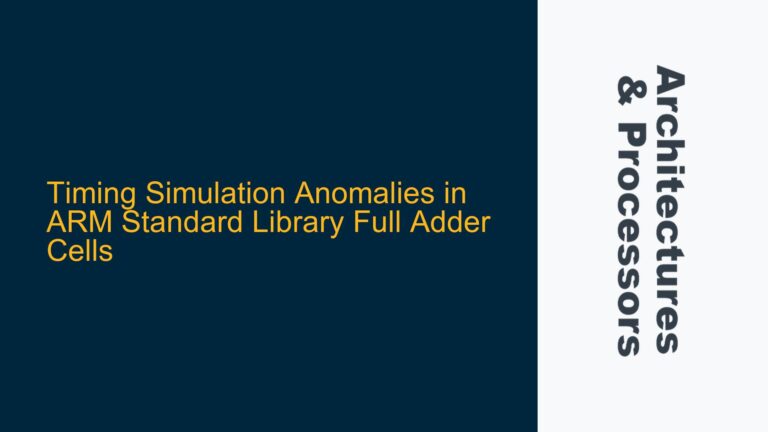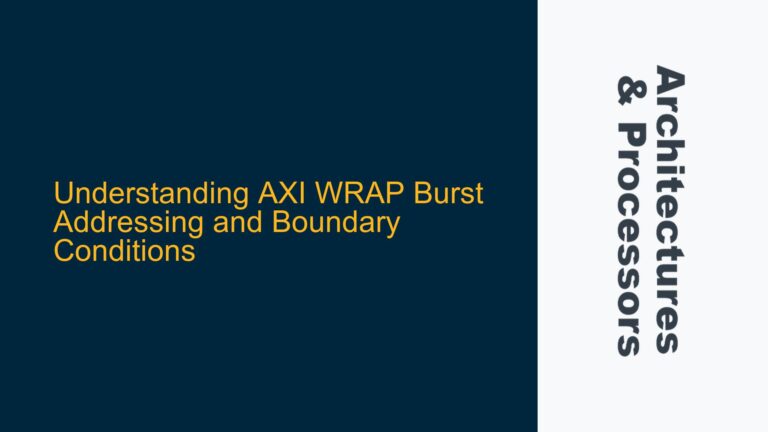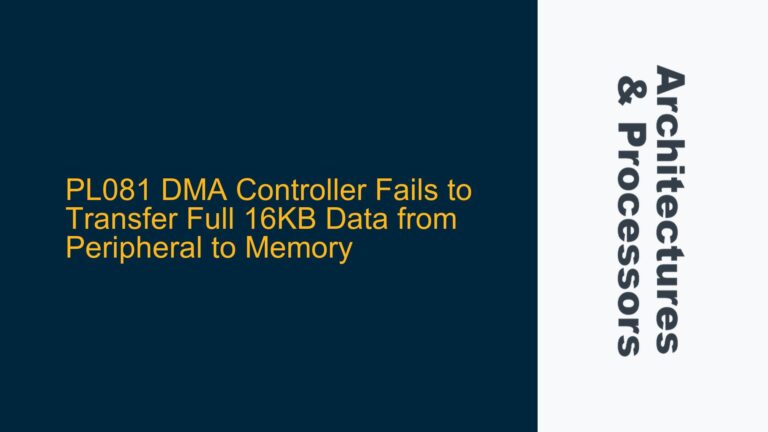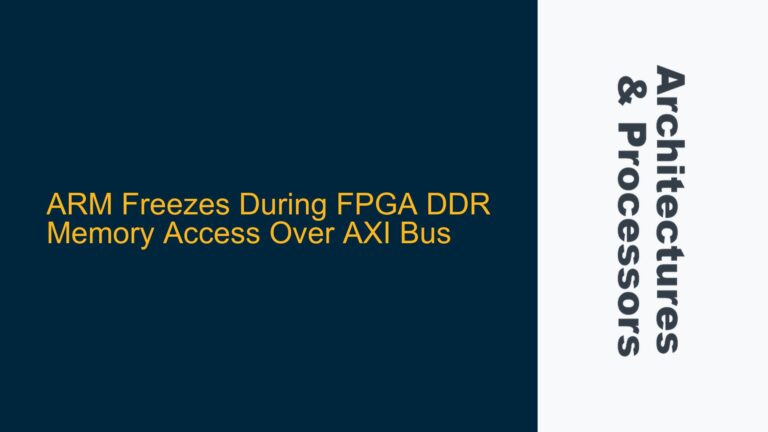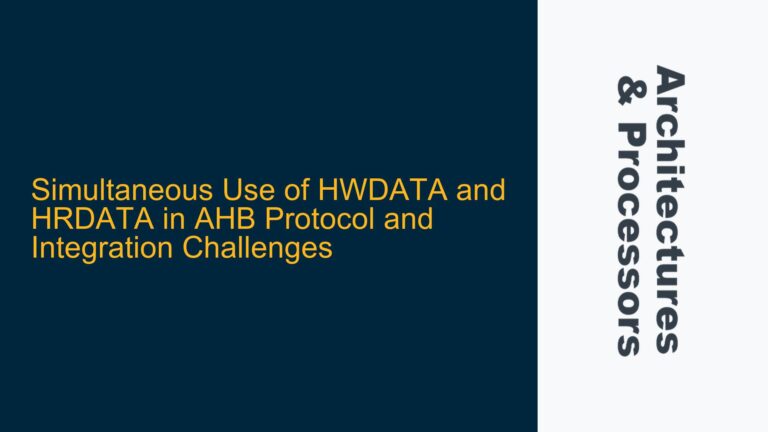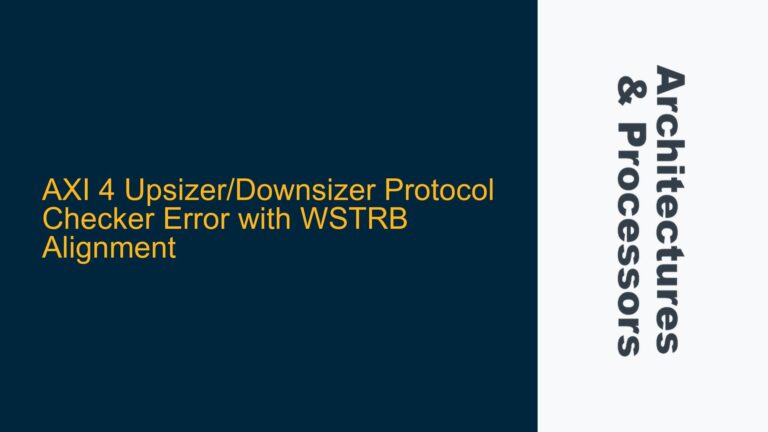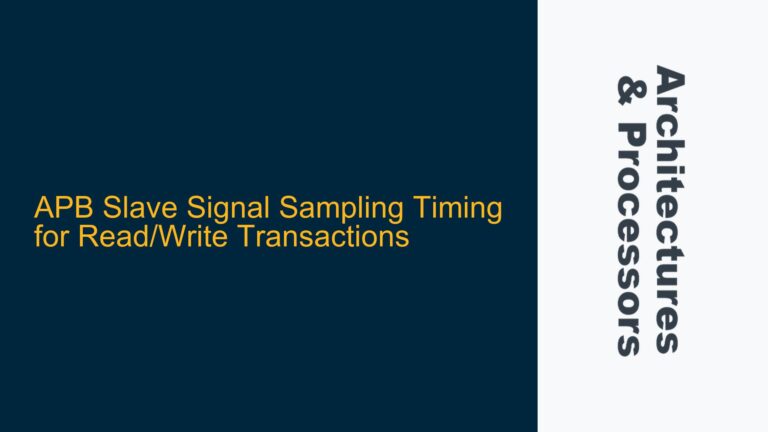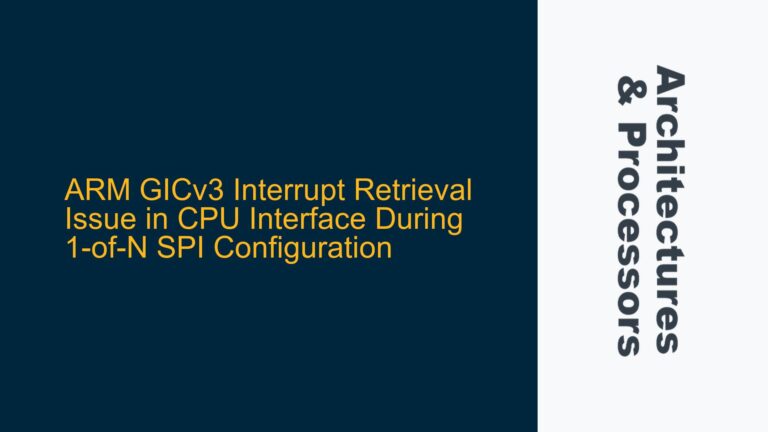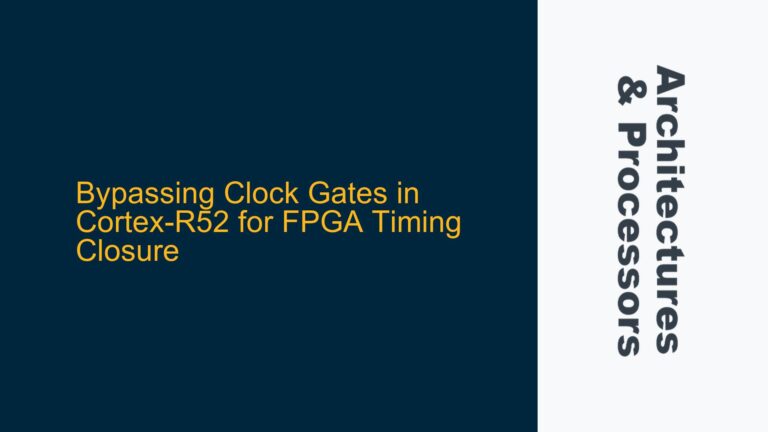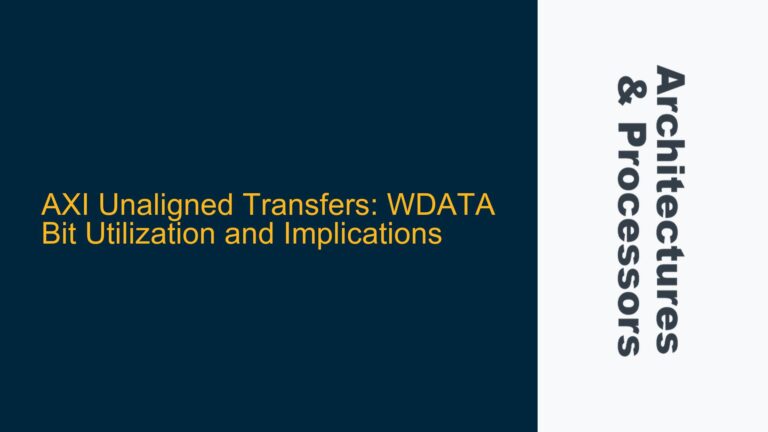Timing Simulation Anomalies in ARM Standard Library Full Adder Cells
Full Adder Output Delay Discrepancy During Simultaneous Input Transitions The issue revolves around the behavior of the full adder cell from the ARM standard library during timing simulations. Specifically, the output delay of the carry-out signal (CO) exhibits inconsistent behavior depending on the timing of the input transitions. When the inputs A and B fall…
